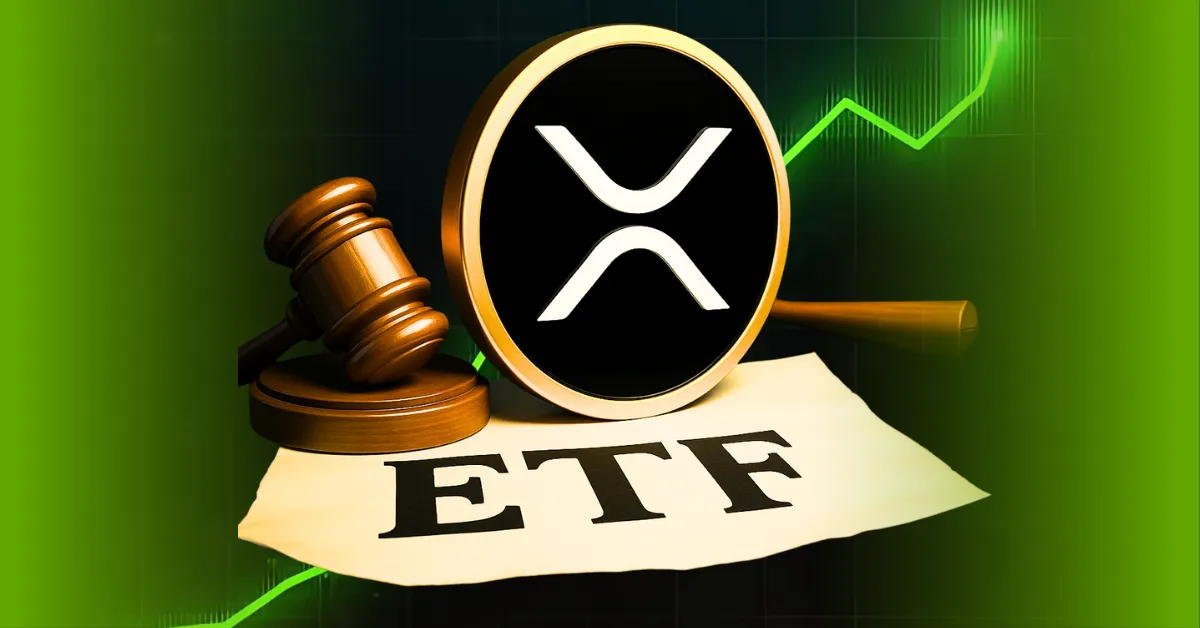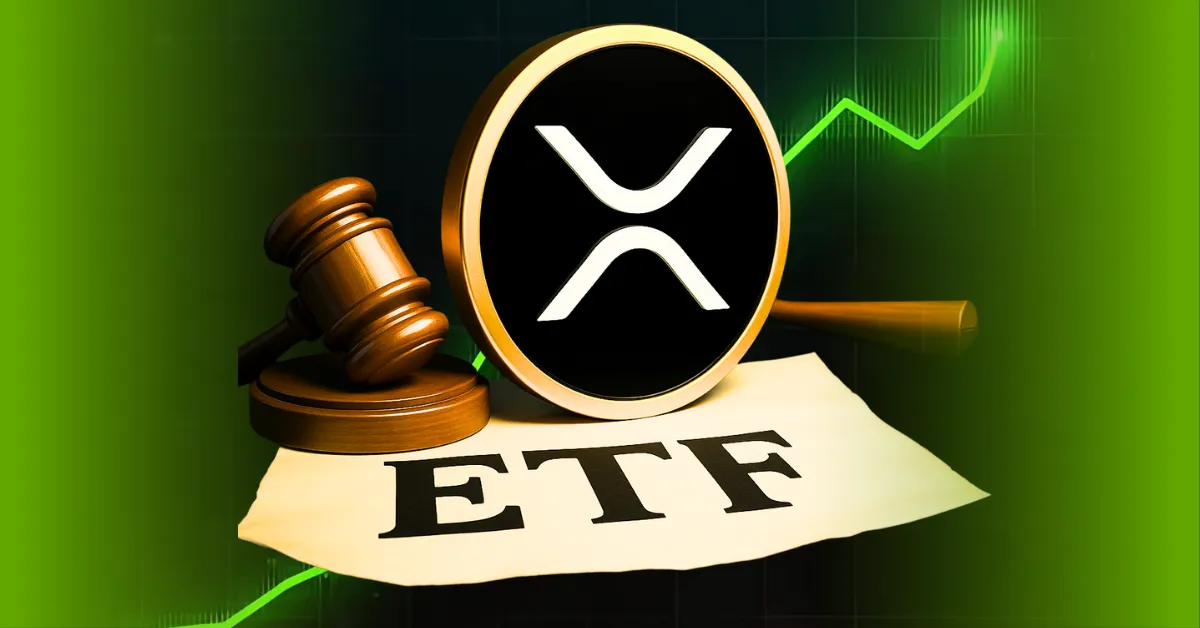The SEC’s Crypto ETF Conundrum: A Dance of Approval and Delay
Introduction
The cryptocurrency market has been a rollercoaster of excitement and uncertainty, with regulatory bodies like the U.S. Securities and Exchange Commission (SEC) playing a pivotal role in shaping its trajectory. The recent developments surrounding Bitcoin, Ethereum, XRP, and other crypto-based Exchange Traded Funds (ETFs) highlight a complex dance of approvals and delays. This report explores the SEC’s recent actions, the underlying reasons for their decisions, and the potential implications for the future of crypto ETFs.
The Bitwise Tango: Approval and Immediate Pause
The Bitwise 10 Crypto Index ETF serves as a microcosm of the current regulatory climate. This ETF, designed to track the performance of the ten largest cryptocurrencies, initially received approval from the SEC’s Division of Trading and Markets. This approval seemed like a significant victory for Bitwise and the broader crypto industry, signaling a potential willingness from the SEC to embrace diversified crypto investment products.
However, the celebration was short-lived. Just hours after the initial green light, SEC Assistant Secretary Sherry R. Haywood announced a review, effectively halting the ETF’s launch. This abrupt reversal underscores the SEC’s internal debates and the complex considerations surrounding the approval of crypto-related investment vehicles. The reason provided pointed to a need for further scrutiny, particularly concerning the underlying crypto assets within the fund.
The Bitwise ETF’s expense ratio, reportedly around 2.5%, also raises questions. While seemingly steep compared to traditional ETFs, it may reflect the inherent costs associated with managing and securing a portfolio of diverse cryptocurrencies. This highlights a key challenge for crypto ETFs: balancing investor accessibility with the operational complexities and costs of the underlying assets.
Grayscale’s Multi-Asset Ambitions: Navigating Regulatory Hurdles
Grayscale Investments, a prominent player in the crypto asset management space, has also encountered challenges in its pursuit of ETF conversions. Their proposal to offer an ETF primarily focused on Bitcoin but also including Ethereum, XRP, Solana, and other altcoins, faced a similar halt.
This situation suggests that the SEC’s concerns extend beyond Bitcoin and Ethereum. The inclusion of altcoins like XRP and Solana introduces additional regulatory complexities. These cryptocurrencies often face heightened scrutiny due to concerns about their potential classification as securities and the lack of regulatory clarity surrounding their issuance and trading.
Grayscale’s effort to create a more diversified crypto ETF underscores the growing demand for investment vehicles that offer exposure to a broader range of digital assets. However, the SEC’s hesitations highlight the ongoing need for a clear and consistent regulatory framework that addresses the unique characteristics of each cryptocurrency.
XRP’s ETF Prospects: A Procedural Pause, Not a Rejection
Amidst the uncertainty surrounding crypto ETF approvals, the status of XRP ETFs has been a subject of much speculation. Recent reports clarify that the SEC has not rejected XRP ETFs. Instead, any delays are attributed to procedural matters.
This distinction is crucial. While the SEC has been involved in a legal battle with Ripple, the company behind XRP, the ongoing litigation doesn’t necessarily preclude the approval of an XRP ETF. The SEC’s hesitations likely stem from the same concerns surrounding regulatory clarity and potential securities classifications.
The potential for XRP ETFs to attract significant investment is undeniable. Estimates suggest that a spot XRP ETF could see inflows of up to $800 million in its first week. This underscores the strong investor demand for XRP exposure and the potential for ETFs to unlock further institutional adoption.
A Broader Framework: Guidance and Future Rules
The SEC’s actions, while seemingly inconsistent, hint at a broader strategy. The agency is actively taking steps towards establishing a comprehensive regulatory framework for crypto ETFs. The recent guidance issued by the SEC represents a crucial first step in this direction.
This guidance likely addresses key concerns such as custody, valuation, and market manipulation, all of which are critical for ensuring investor protection and market integrity. By providing clearer guidelines, the SEC aims to create a more predictable and transparent environment for crypto ETF issuers.
The development of a robust regulatory framework is essential for fostering innovation and attracting institutional investment in the crypto space. As the SEC refines its approach, we can expect to see more clarity and consistency in its decisions regarding crypto ETF approvals.
The Path Forward: Patience, Clarity, and Collaboration
The current landscape of crypto ETF regulation is characterized by uncertainty and cautious progress. The SEC’s recent actions demonstrate a need for further deliberation and a commitment to addressing the unique challenges posed by digital assets.
The key to unlocking the full potential of crypto ETFs lies in establishing a clear and comprehensive regulatory framework. This framework should address key concerns such as custody, valuation, market manipulation, and the potential classification of certain cryptocurrencies as securities.
Collaboration between industry participants and regulatory bodies is essential for fostering innovation and ensuring investor protection. By working together, stakeholders can develop a regulatory approach that balances the benefits of crypto ETFs with the need to mitigate risks.
Conclusion: The Dawn of Crypto ETFs: A Matter of When, Not If
Despite the recent setbacks and ongoing regulatory hurdles, the future of crypto ETFs remains bright. The SEC’s actions, while seemingly cautious, reflect a commitment to carefully evaluating the risks and benefits of these innovative investment products. The emergence of clear regulatory guidelines and ongoing collaboration between industry and regulators will pave the way for the eventual widespread adoption of crypto ETFs. The question is not if crypto ETFs will become a mainstream investment vehicle, but rather when.












